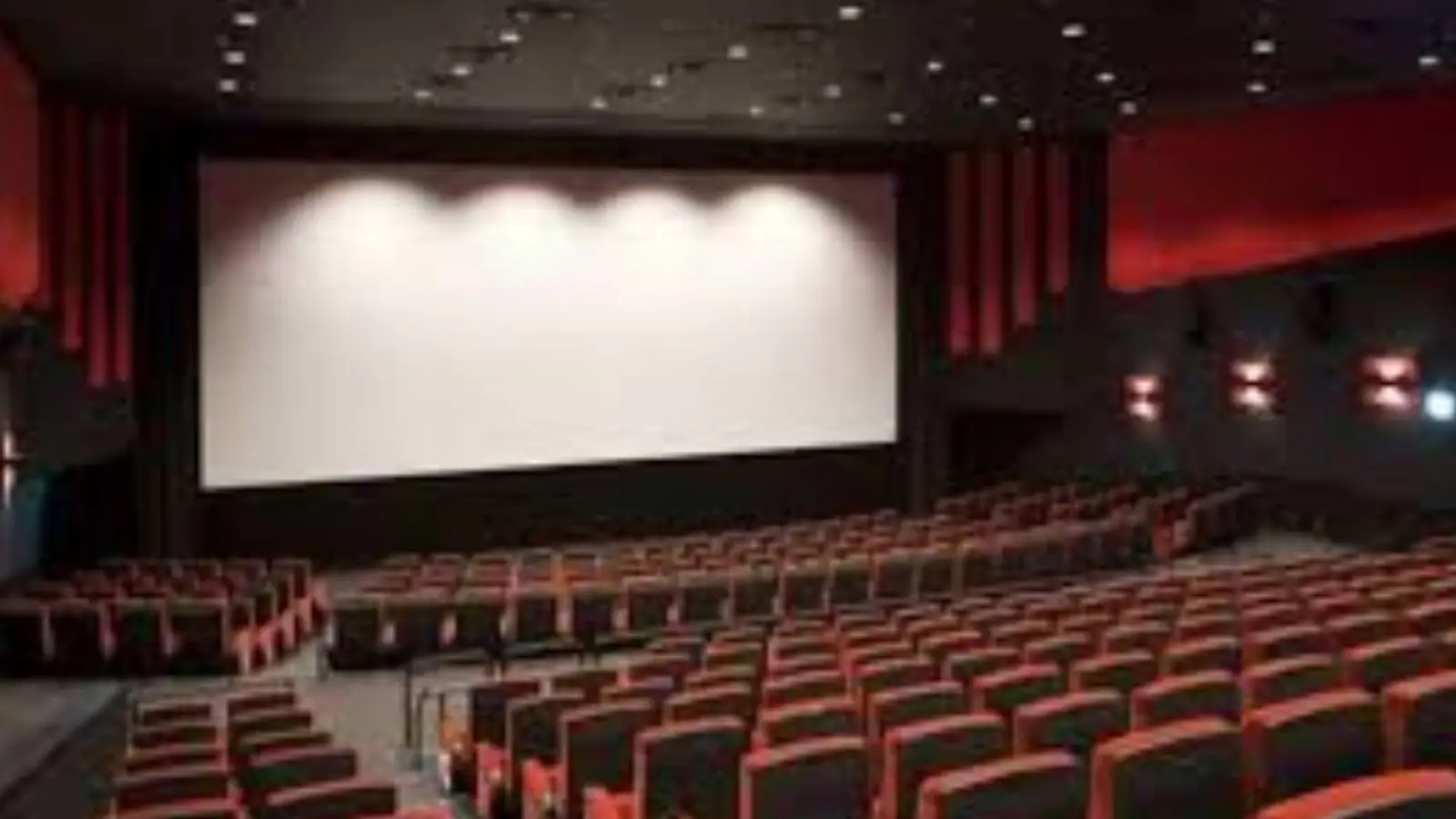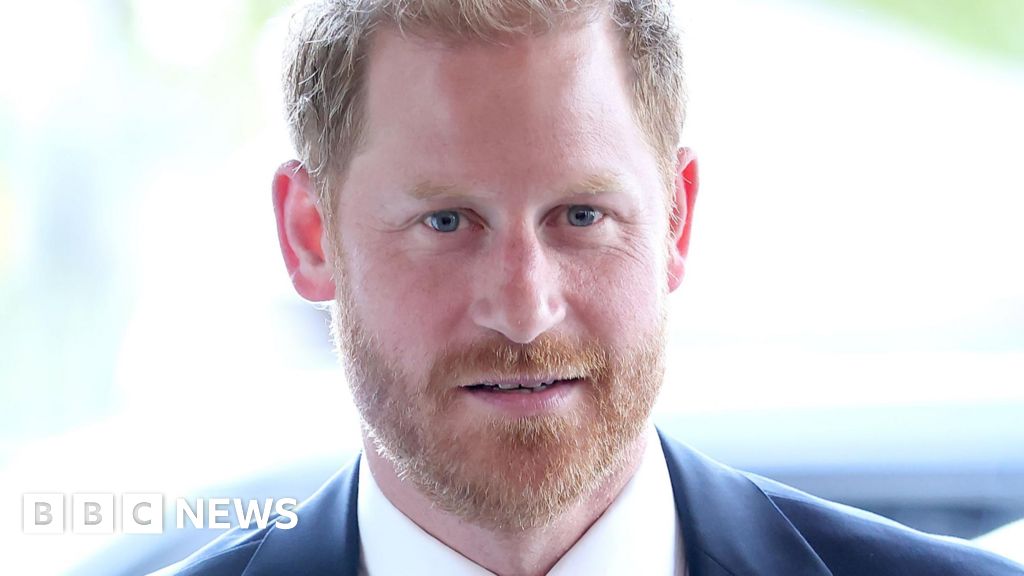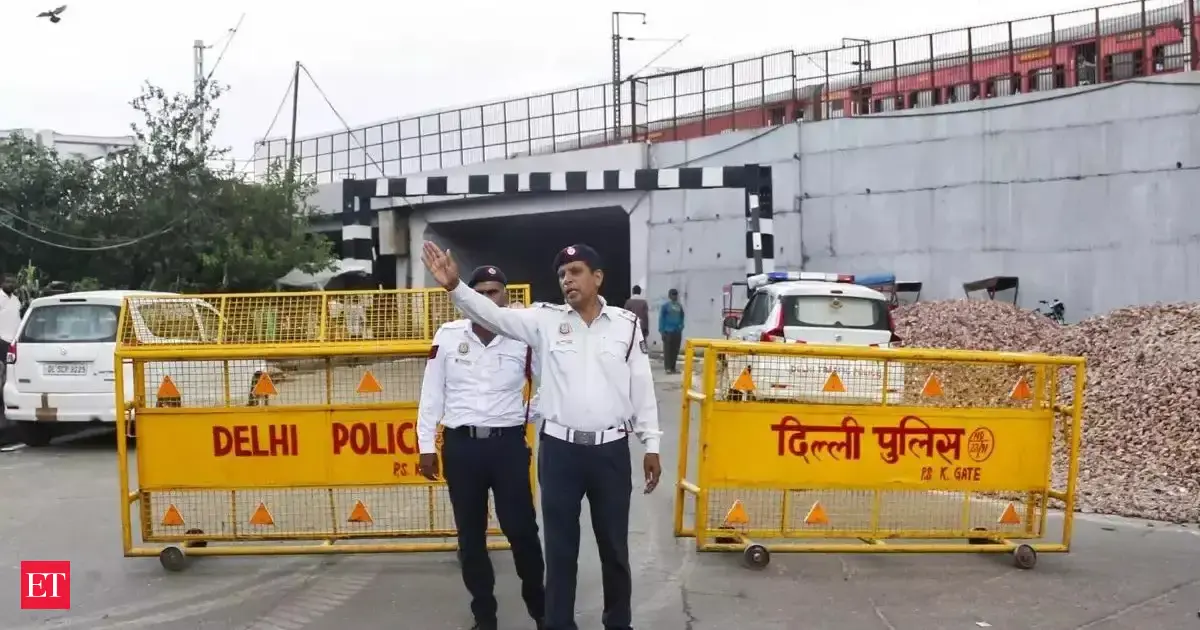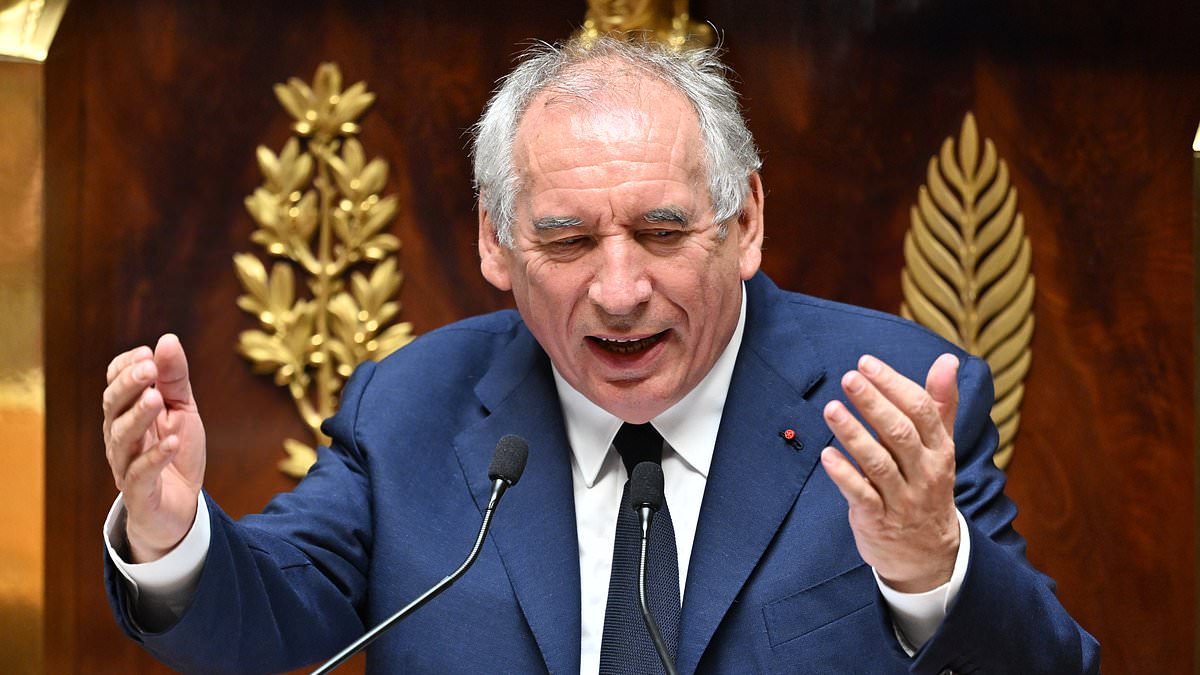By News Karnataka
Copyright newskarnataka
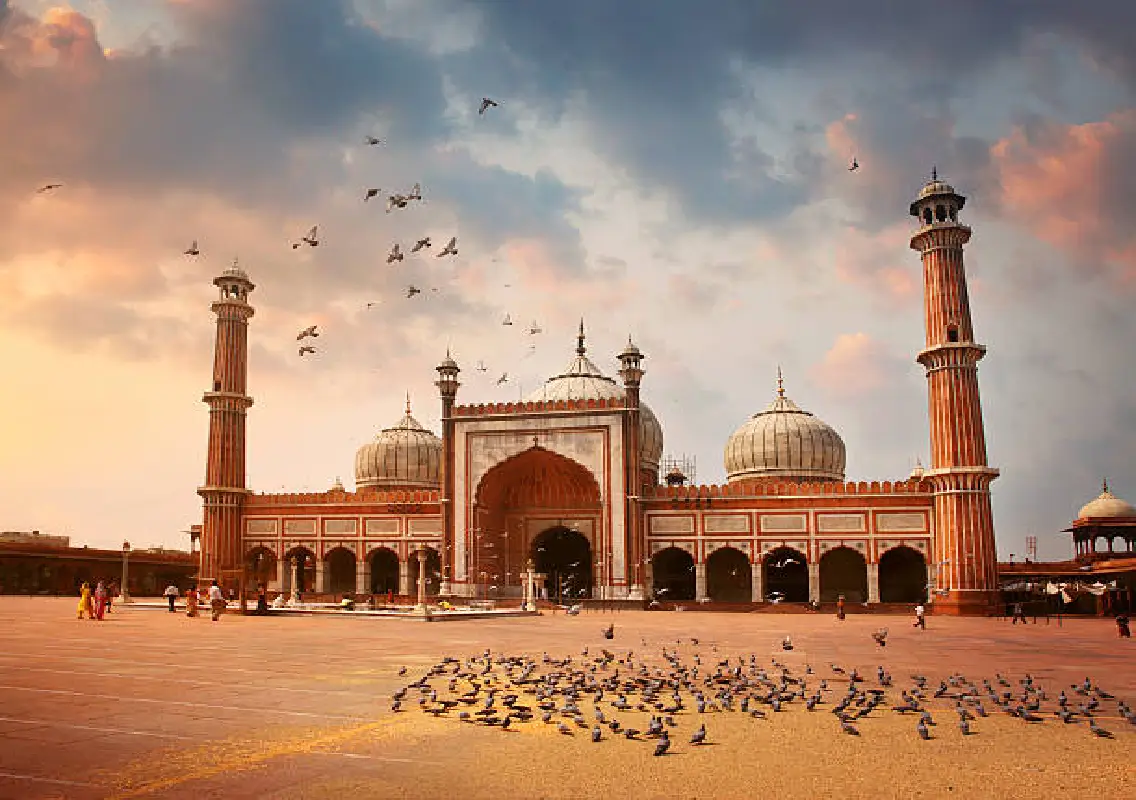
Mangaluru: The century-old Kudroli Jamia Masjid, which was renovated in 2013, welcomed people of different faiths on Sunday during a special programme titled sarvajanika masidi darshana. The initiative, organised by the mosque management committee in association with Muslim Aikyata Vedike (MAV), Kudroli, and Jamaat-e-Islami Hind (JIH), Mangaluru, aimed to provide the public with an opportunity to visit the masjid, understand Islamic practices, and clear misconceptions about the mosque and its rituals.
An initiative to build bridges
The programme was designed to break barriers and strengthen interfaith harmony. Visitors were greeted warmly with dates, watermelon juice, tea, snacks, lunch, Islamic literature, and gifts of perfume. Inside the mosque premises, various exhibits showcased messages from the Quran and the Prophet, old and new images of the mosque, photos from its inauguration, and translations of the Quran in multiple languages. Video presentations were also arranged to help visitors gain insight into Islamic teachings.
The mosque was kept open for the public to explore freely. Guests toured the interiors, upper floors, and ground level, while many captured photographs of the architecture and arrangements. Committee members and religious leaders interacted with visitors, answering questions on topics such as namaz, azaan, functioning of jamats, and the significance of masjids.
Public meeting highlights interfaith unity
A public meeting was organised as part of the event. KS Mohammed Massod, former chairman of the Karnataka State Minorities Commission, presided over the session. Delivering the inaugural address, Dakshina Kannada District Dharmika Parishad member Lakshmisha Gabladka described the event as an opportunity for visitors to gain a vision of divinity. “Even when we close our eyes in prayer, our inner eye remains open,” he remarked.
Fr Valerian D’Souza of Holy Rosary Church, Mangaluru, highlighted the importance of shared learning between communities. He said, “Mutual love is the essence of religions. The practices of temples, mosques, and churches should be known to everyone. This is a new step inspired by God. These steps should not stop here; they must always continue. People must learn to live with mutual understanding.”
Messages of peace and inclusivity
Ishaq Puttur, president of JIH Mangaluru South, shared the Prophet’s message on compassion and coexistence. Kudroli Khazi Mufti Sheikh Mutahhar Hussein Khasmi also graced the event, emphasising the need for inclusivity and peaceful dialogue among communities.
Several dignitaries and representatives from diverse community organisations attended the programme, underlining its spirit of unity. Among them were MLC Ivan D’Souza, Kudroli Sri Gokarnanatha Temple Committee president H Jairaj Somasundar, Buntara Yane Nadavara Mathru Sangha president Ajith Kumar Rai Maladi, UAE Mogaveera Sangha president Lokesh Puthran, and Bengre Mahasabha president Chethan Bengre.
A step towards mutual understanding
The sarvajanika masidi darshana programme drew a positive response from the public. Visitors expressed appreciation for the openness of the mosque committee in welcoming people from all backgrounds. By combining hospitality with informative sessions, the event created a platform where dialogue and interaction could replace stereotypes and misconceptions.
Such initiatives, according to the organisers, are vital in today’s times when communities need to strengthen bonds of trust and respect. Through efforts like these, religious spaces are redefined not just as places of worship but also as centres of learning, inclusivity, and social harmony.
The Kudroli Jamia Masjid’s decision to open its doors under the sarvajanika masidi darshana programme has set a precedent for other religious institutions to encourage openness and inter-community engagement. The overwhelming participation and positive feedback highlight how platforms for dialogue can build bridges of understanding. For Mangaluru, known for its cultural diversity, the programme reaffirmed the city’s spirit of coexistence.
